What a gas: How our rubbish now powers a renewable future
Rubbish tips around the country are creating enough power to light up a small town thanks to the ingenuity of a Brisbane renewable energy firm.
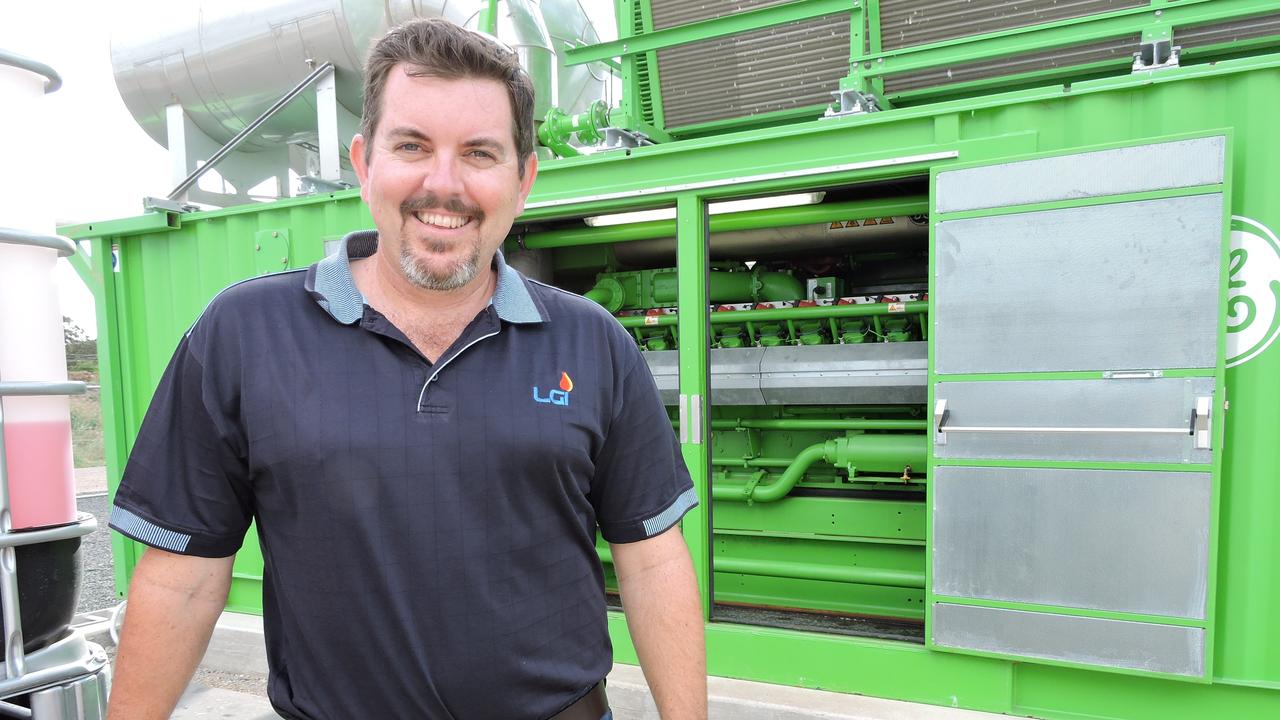
Business
Don't miss out on the headlines from Business. Followed categories will be added to My News.
They used to be places covered in dirt and forgotten.
Now landfill sites, aka rubbish tips, around the country are helping power 15,000 homes each year thanks to the ingenuity of Brisbane renewable energy firm LGI.
The rubbish trucks rolling up to dump their loads at the Bunya Waste Management Facility, just northwest of Brisbane, last week could be helping this week power an air conditioner or light bulb. Thanks to kilometres of piping installed by LGI under the waste dump, methane and other gases are collected and used to fuel a small nearby power station. The resultant electricity is then sold into the grid as renewable energy.
Founded in 2009, LGI operates biogas plants at 26 landfill sites across Queensland, New South Wales and the ACT with big expansion plans on the cards. As well as electricity sales, LGI also earns revenue from trading carbon credits.
LGI chief operating officer Jarryd Doran says the company’s technology is recovering approximately 100 million cubic metres of biogas from landfills each year and reducing the Co2 in the atmosphere by nearly a million tonnes.
Biogas is a mixture consisting of approximately 60 per cent methane, and the remainder contains carbon dioxide, hydrogen sulphide and moisture. It contains less methane than natural gas, which consists of approximately 96 per cent methane.
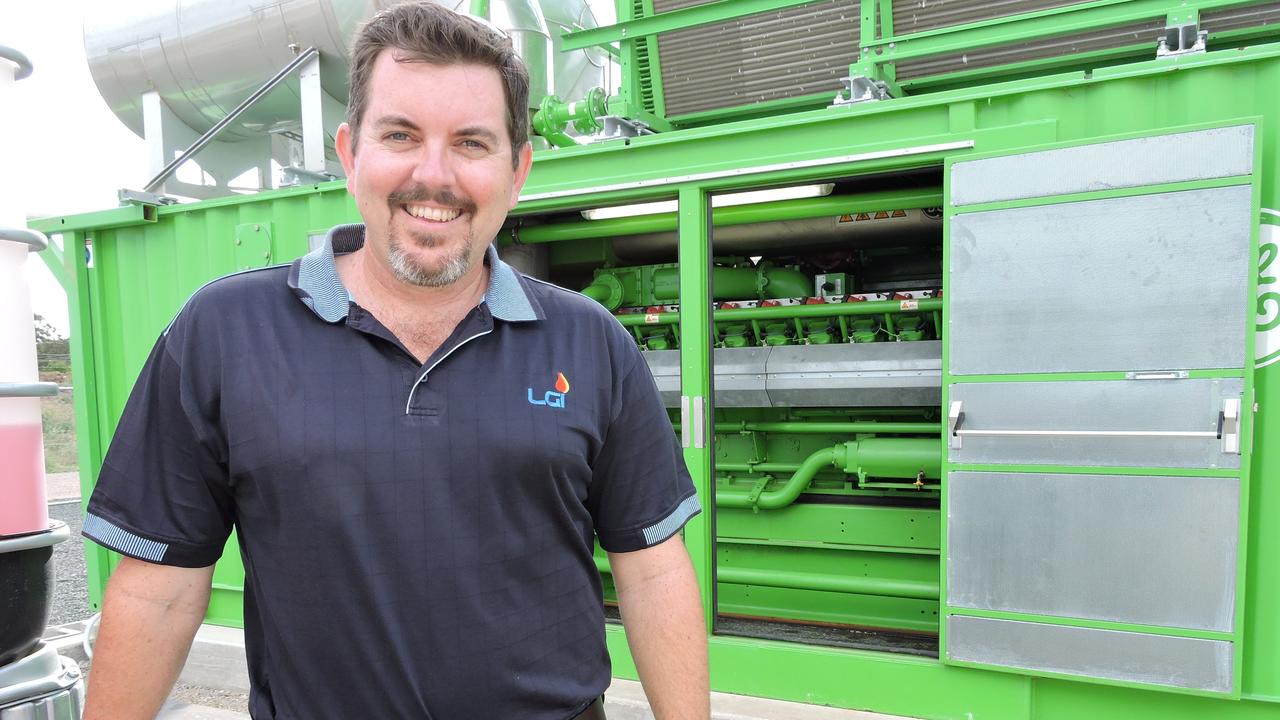
Biogas is naturally produced and released into the environment by the decomposition of organic matter such as fruit and vegetable waste, animal faeces and dead animals.
Doran says that if left unattended, landfill sites can leak damaging methane into the atmosphere for decades. “Methane is 28 times more damaging to the atmosphere than CO2,” says Doran. “So you need to stop it leaking out.”
Doran says the Willawong landfill site, which was closed more than 30 years ago, is still releasing methane and helping power a small LGI power plant.
“As a business we don’t encourage people to dump rubbish, but it is always going to be part of our society,” Doran says. “There are some 3000 landfill sites across Australia and while not all will support a power station at least 100 sites could accommodate one.”
Investment in biogas plants does not come cheap - LGI has spent at least $5m on the Bunya plant that is perched above the landfill site in an area of bushland.
The company is about to commission a biogas plant in Toowoomba that will help power the city council’s waste treatment plants. LGI also plans to add energy storage batteries and solar generation to its existing power stations to create renewable hybrids.
LGI founder and chief executive Adam Bloomer says seven of the company’s landfill sites are currently producing more than 87,500MWh of electricity annually.
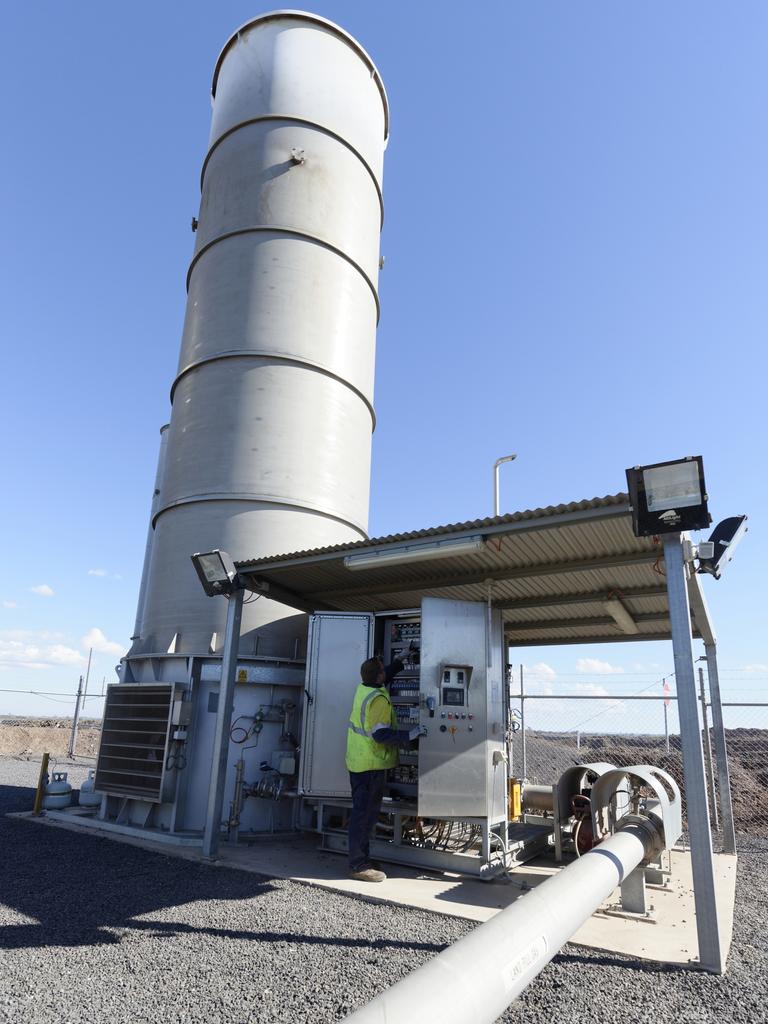
“That is easily enough to power 15,000 homes for a year,” Bloomer says. “At the same time, Australia still relies on landfills and there is an increasing need to manager their emissions.
“We are seeing increased focus on decarbonisation and there’s also an increasing need for renewable energy that is distributed and dispatchable, which means generating power where and when it’s needed.”
LGI has long-term relationships with the owners of landfill sites, mostly local councils, across the country. The Moreton Bay Regional Council has contracts with LGI to recover biogas from its landfill sites at Dakabin. Bunya and Caboolture.
The firm commenced operation on these sites with biogas flaring systems before upgrading them to LGI-designed and built renewable power stations.
Moreton Bay Regional Mayor Peter Flannery says that as Australia’s third-largest council, it has the responsibility to step up and embrace green technologies.
“Last financial year, enough electricity was produced from the council’s three major waste facilities to power 7000 homes for a year,” Flannery says. “This is a win-win relationship with LGI because it allows us to maximise resources recovery at our waste facilities and any profits are reinvested into more resource recovery and recycling initiatives.”
TAKING A SHINE
Good to see our hard-working legal eagles getting a much-needed break. Queensland-based Shine Lawyers has introduced more flexibility in the working week with the introduction of a nine day fortnight. Originally pitched at Shine Tank - a firm-wide think tank - by the firm’s Logan branch practice manager, Tiffany Halliday, the arrangement allows staff to compress their fortnightly hours into a nine-day cycle, thereby allowing for one day off every fortnight. Shine chief operating officer Jodie Willey told Lawyers Weekly the initiative was another way Shine is “daring to be different.” “We’re very big on creating new ways to work to support a healthier balance between our personal and professional lives, [and] we’re excited to see how this benefits our staff and our clients,” says Willey. Long hours have long been an issue in the legal profession with some lawyers reportedly sleeping in their offices 60 to 80 nights a year and taking caffeine supplements to keep up with the workload.
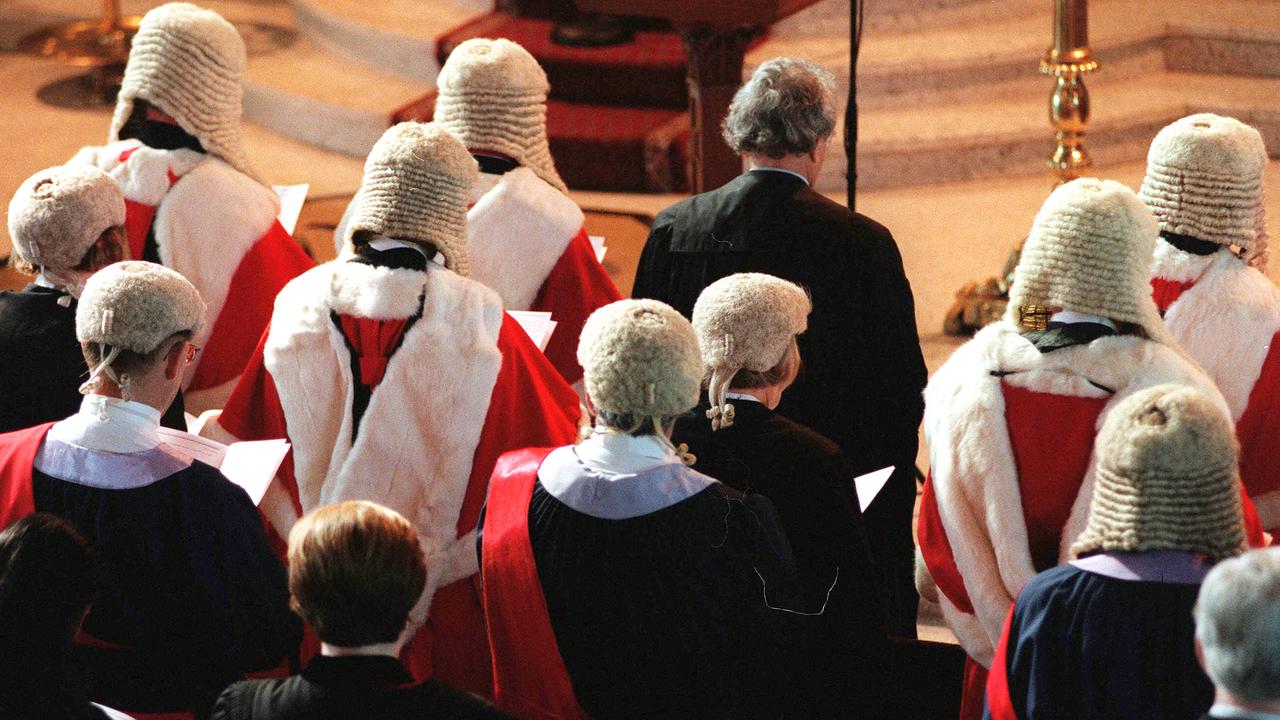
WHITES RECOGNISED
Congratulations to richlisters Terry and Rhonda White who have been awarded a lifetime achievement award by the Pharmaceutical Society of Australia. The couple, who founded the TerryWhite Chemmart chain from a single shop at Redcliffe in 1958, have over the years had a remarkable impact not only on community pharmacy, but to the overall health of the nation. Terry White says it was the relationships built with pharmacists over the years that was among the most meaningful parts of the journey. “What I loved about pharmacy was the relationship that we built with so many pharmacists over our career, and the great pleasure we received from young pharmacists joining our network, many of whom became like members of our extended family,” says White. “And along the way, Rhonda and I got to enjoy a very successful partnership in life and in business.” Rhonda White says she is equally proud of her partner in what they’ve been able to achieve together. “Throughout his career, Terry elevated community pharmacy in the eyes of universities and the community, and has also been a voice for pharmacy at a government level,” she says.
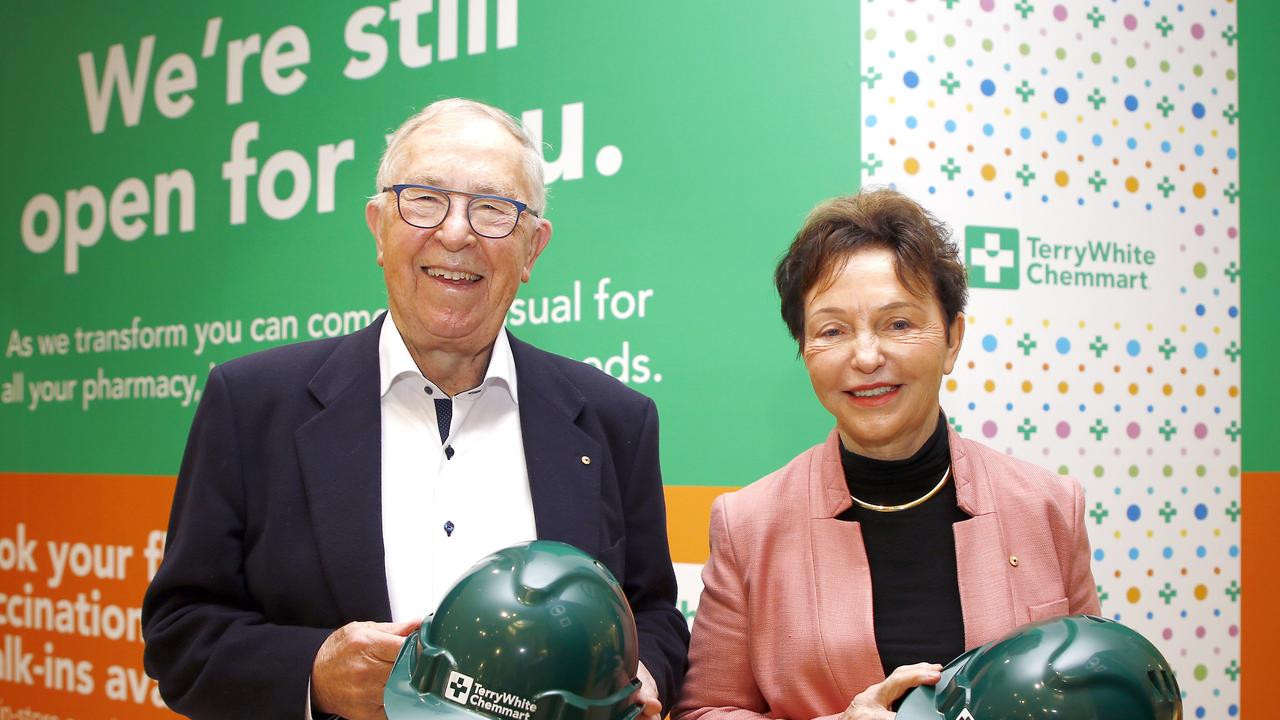
CHARGING UP
Trevor St Baker-backed electric vehicle charging firm Evie Networks is playing chicken. Australian fast-food chain Red Rooster, has partnered with Evie to roll out EV charging at its stores across the country. Red Rooster and Evie Networks last month celebrated the installation of the first two fast chargers at a recently refurbished Red Rooster in Melbourne’s eastern suburbs, the first of many slated to be rolled out across the fast-food chain’s network. The announcement follows a similar partnership unveiled in late-2021 between Evie and another Australia fast-food chain, Hungry Jacks. Evie Networks was founded in 2017 to build Australia’s largest electric vehicle fast charging network and give electric vehicle owners across the country the freedom to travel anywhere.
Evie is backed by the St Baker Energy Innovation Fund’s commitment of $100 million, which is accompanied by a $23.85 million grant from the Australian Renewable Energy Agency.
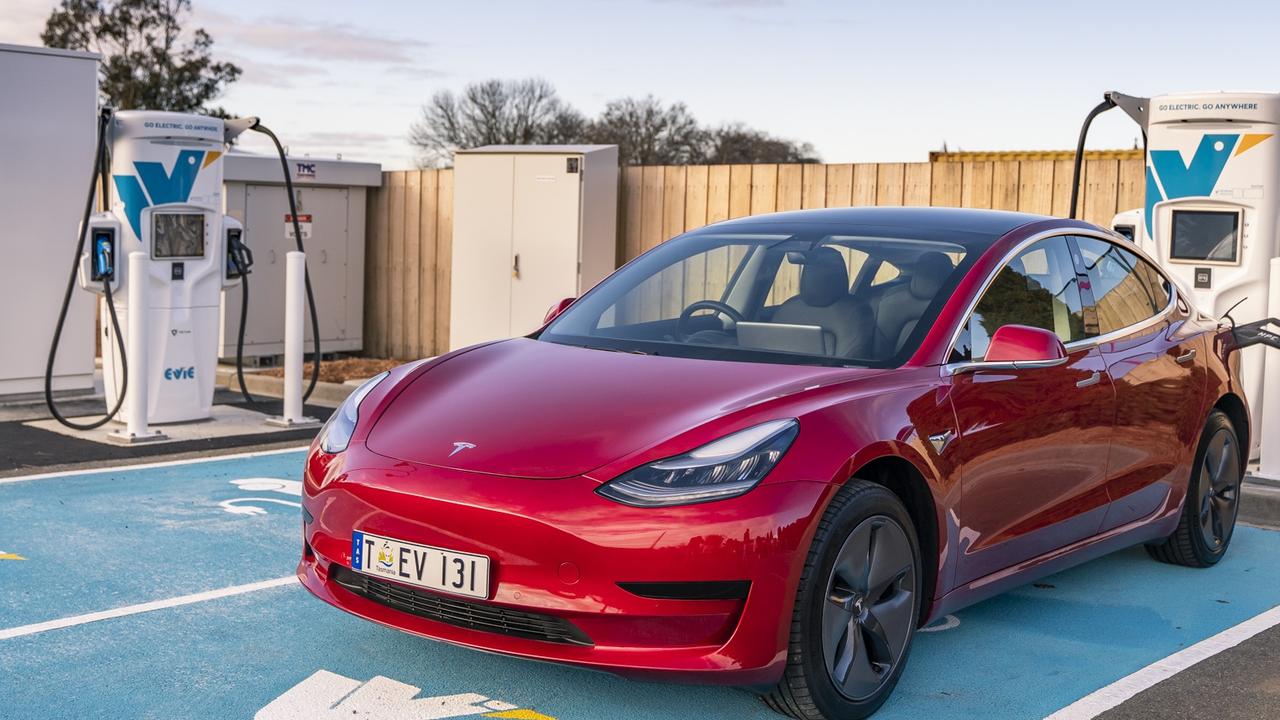
Originally published as What a gas: How our rubbish now powers a renewable future









